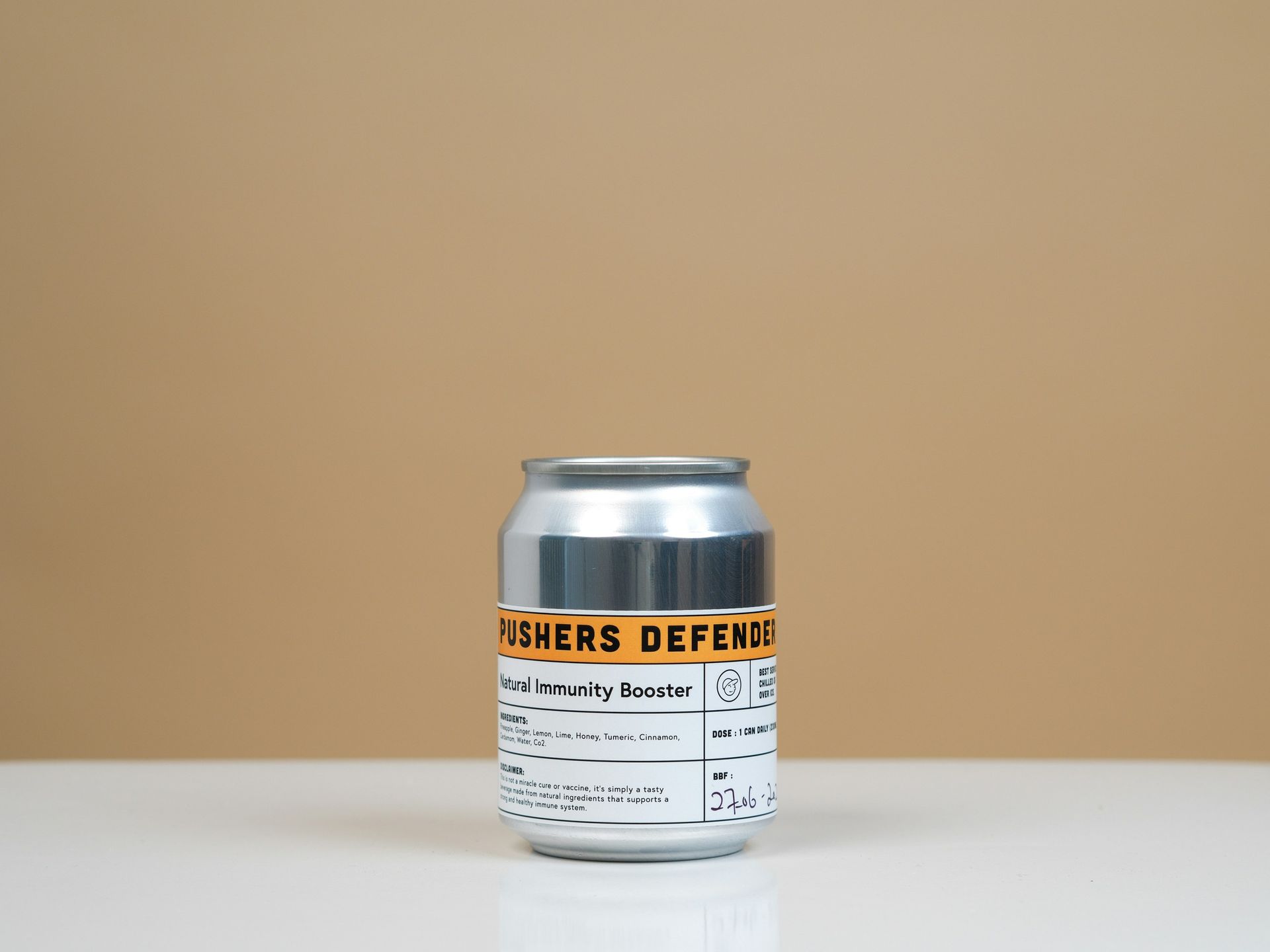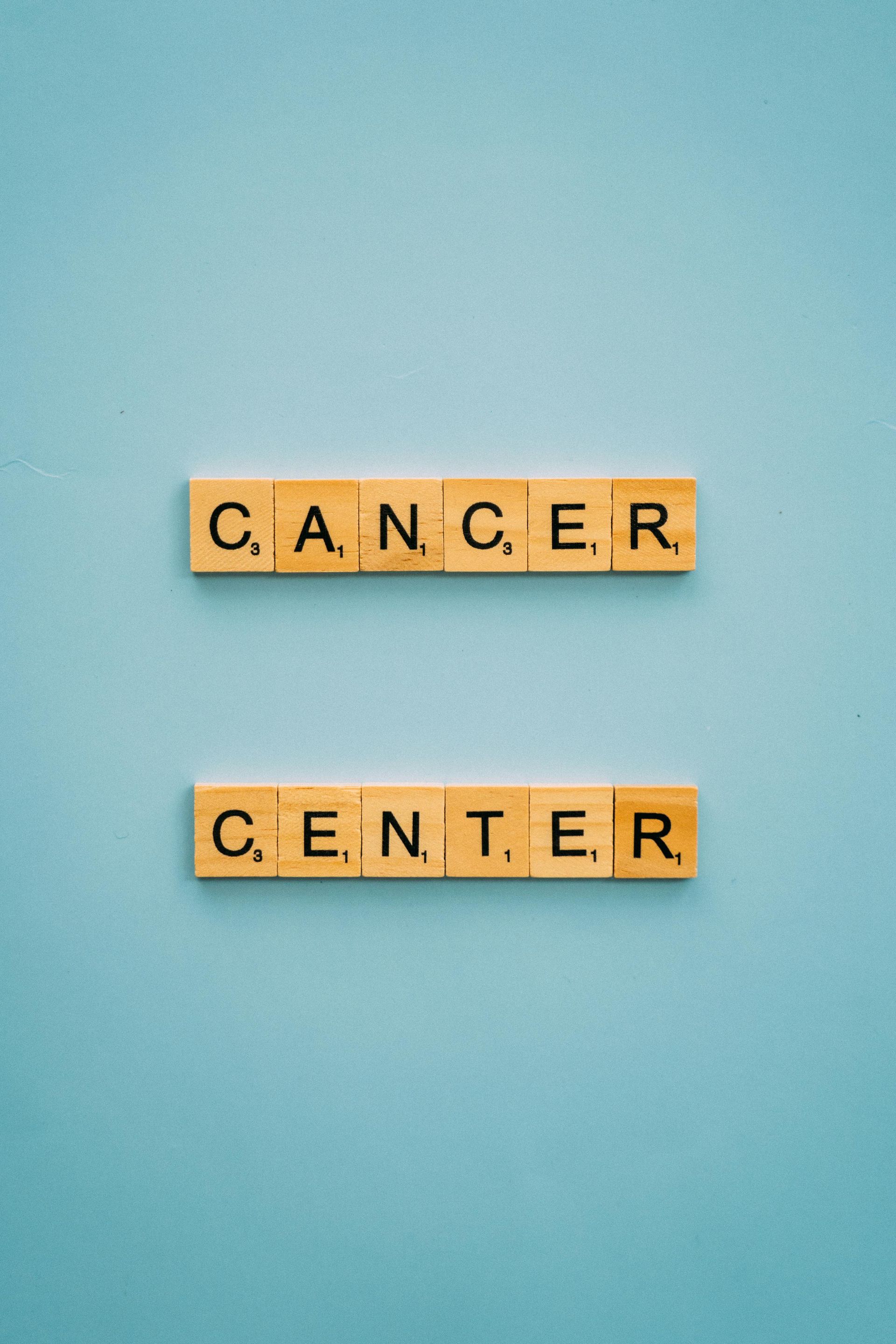Will my hand lotion cause skin cancer?
Can chemicals in hand creams cause skin cancer?
Answer: Dear Sarah, this lotion of yours, appears to contain a lot of ingredients that I cannot pronounce, much less, try to explain to you. I do recognize paraffin, a key ingredient in candle wax. We also use paraffin to seal our home- canned jams. Paraffin is a waxy product derived from petroleum. And petroleum has benzene, which is a known carcinogen. So, theoretically, yes, there is a carcinogenic component to this. But the cream is also being sold as a skin protectant, right? Isn’t protection good for preventing skin cancer?
Yes, these types of skin creams and lotions do contain many unpronounceable ingredients. We use them on a daily basis. We brush our teeth with toothpaste, and shampoo our hair with even more chemical loaded shampoos. Yet, we don’t see an overwhelming amount of scalp cancer. Nor do I see much metastatic skin cancer. Why? Because the exposure to these chemicals are short. After the soap and shampoo has done their job, we remove them. We rinse off soap, and we wash away shampoo. The exposure is temporary. We know that early detection saves lives. Because the skin is so visible, we notice abnormalities right away, and the dermatologist can easily remove these cancers and treat them early.
How do skin cancers develop?
Skin cancer develops when there is enough irritation to trigger damage. There are two general types of skin cancer. Melanoma, and its less deadly version, the non-melanoma skin cancers.
Chimney sweepers used to be young boys, who were hired not only because child labor was considered legal at the turn of the “other” century, ( I am referring to the early 1900s) but also because they were the ideal size. They were slim enough to slide down into chimneys and can sweep the insides of those sooty chimneys with a broom! Many of these chimney sweep boys were poor, and would go for days without taking a bath. The black greasy soot, with all its chemicals and yes, petroleum by-products, stayed stuck on their skins. This allowed ample time for the cancer-causing chemicals to do their damage. Repeated and prolonged skin contact is key to the birth of a skin cancer.
Melanoma, the deadlier cousin, is often caused by sun damage. It is more frequently seen in office workers than in farmers. Why is this so? Office workers stay indoors all year long, and go for a well deserved vacation to a nice sunny beach. Unaccustomed to sunlight, they develop sunburns. Several vacations and sunburns later, they are diagnosed with melanoma. The farmer toils day in and out, and develops a nice tan. They rarely sunburn, and they rarely develop melanoma.
Protection versus irritation, that is the question
Going back to your question, will using this skin cream cause cancer? Possibly, if you lather on too much and too frequently it might begin to cause irritation. It can also go the other way. It can be protective against cancer, especially if you are prone to chaffing, and skin abrasions. The lubrication will reduce the irritation. Used in moderate amounts, the skin epidermis might be better able to do its job and actually protect the underlying sensitive cells from the damage of repeated friction, and prevent it from mutating. It therefore boils down to whether the cream or lotion will protect or irritate you. If it begins to irritate your skin, it is best to stay away from it. If you experience no irritation, you might be able to keep using it.






